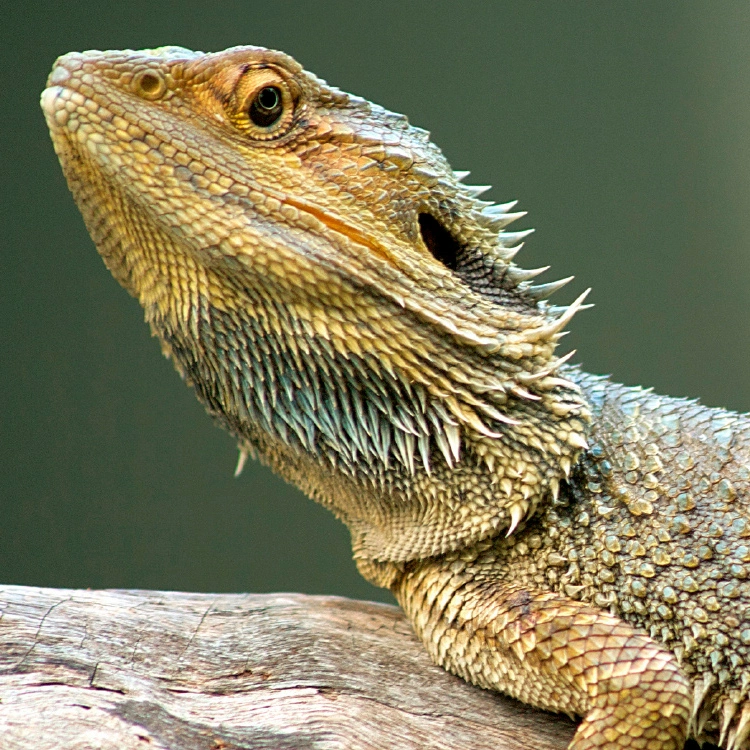A similar recent article that I thought was interesting and contains many sources: https://www.vox.com/future-perfect/23778399/media-ignores-climate-change-beef-meat-dairy. It focuses a bit more on the role of media though. They also have this older article on big meat lobbying.
Two other good ones that I’ve read recently were:
He’s an Outspoken Defender of Meat. Industry Funds His Research, Files Show.
and
Inside big beef’s climate messaging machine: confuse, defend and downplay
Hehe big meat
GO VEGAN
I bought a reusable straw. What more do you want from me? /s
Nothing’s blocking people from cutting meat out of their diet.
I mean, it is a pretty big change for some. I’ve been vegetarian for a few years now, but I still remember how much of a change in what I ate it was at the time. It helps a ton if you know how to cook, and find new recipes that use tofu or other meat alternatives.
Even everyone skipping one meat meal a week would have a huge impact. But really what I was getting at was that no matter what shenanigans the meat industry is pulling, they can’t force anyone to eat meat. The headline/angle of the story was a bit much. A lot of it reminds me of the oil industry — as alternatives become more and more attractive, people will naturally graduate towards whatever is cheaper and tastier.
I’ve also read they are experimenting with changing livestock diets to cut down on methane emissions. Which is good, but I’d also like to see more legislation to treat the animals humanely. Too much corporate farming these days is cruel.
Yes and part of what they are spending lots of money doing is trying to convince people not to make any changes to their consumption
For the feed additives bit, it’s more greenwashing than it is an actual method to reduce emissions. Meat production levels and in turn consumption levels really are going to have to change
What’s more, feeding cattle algae is really only practical where it’s least needed: on feedlots. This is where most cattle are crowded in the final months of their 1.5- to 2-year lives to rapidly put on weight before slaughter. There, algae feed additives can be churned into the cows’ grain and soy feed. But on feedlots, cattle already belch less methane—only 11 percent of their lifetime output
[…]
Unfortunately, adding the algae to diets on the pasture, where it’s most needed, isn’t a feasible option either. Out on grazing lands, it’s difficult to get cows to eat additives because they don’t like the taste of red algae unless it’s diluted into feed. And even if we did find ways to sneak algae in somehow, there’s a good chance their gut microbes would adapt and adjust, bringing their belches’ methane right back to high levels.
[…]
All told, if we accept the most promising claims of the algae boosters, we’re talking about an 80 percent reduction of methane among only 11 percent of all burps—roughly an 8.8 percent reduction total
https://www.wired.com/story/carbon-neutral-cows-algae/
More broadly
Plant-based foods have a significantly smaller footprint on the environment than animal-based foods. Even the least sustainable vegetables and cereals cause less environmental harm than the lowest impact meat and dairy products [9].
The “final straw” in my diet: I subscribed to a “surprise bag” of 3 kg of vegetables every other week. Stuff that’s too big, too crooked, too small… whatever keeps it from regular supermarket shelves. Mostly local and seasonal, always fresh and organic.
3 kilograms is quite a lot for one person when you add some pasta or rice or bread or whatever to make a complete meal.
There’s hardly any room for meat left in my stomach. And I often have to find new recipes because sometimes there’s stuff in this bag which I wouldn’t buy otherwise.
A big CSA box like this would be a great start for UBI
I think you may have accidentally removed your own default upvote on your comment. I’ve had that happen to me before (not sure how but somehow it’s happened)
While this is true, it would help to shift subsidies on animal products to more sustainable options and add a tax on animal products.
People are more likely to buy healthier food that’s better for the climate if it’s also the cheapest option.
4 meat eaters didn’t like this post
According to a 2021 NYU study published in the science journal Springer, ExxonMobil, one of the largest oil and gas companies in the world, spent $235m on lobbying between 2000 and 2018. US-based Tyson, the second-largest meat company in the world after Brazil’s JBS, spent more than $25m between 2001 and 2018. As a share of each company’s total revenue over those periods, Tyson spent 21% more on lobbying than ExxonMobil, found the research
Wow
Removed by mod
Not sure if you mean that it’s dumb that the meat industry does this or that the article is dumb. If the latter, it’s worth noting that the meat industry’s contributions to climate change are enough to make us miss climate targets on their own
To have any hope of meeting the central goal of the Paris Agreement, which is to limit global warming to 2°C or less, our carbon emissions must be reduced considerably, including those coming from agriculture. Clark et al. show that even if fossil fuel emissions were eliminated immediately, emissions from the global food system alone would make it impossible to limit warming to 1.5°C and difficult even to realize the 2°C target. Thus, major changes in how food is produced are needed if we want to meet the goals of the Paris Agreement.
(emphasis mine)
Either way his comment is useless.
Removed by mod




